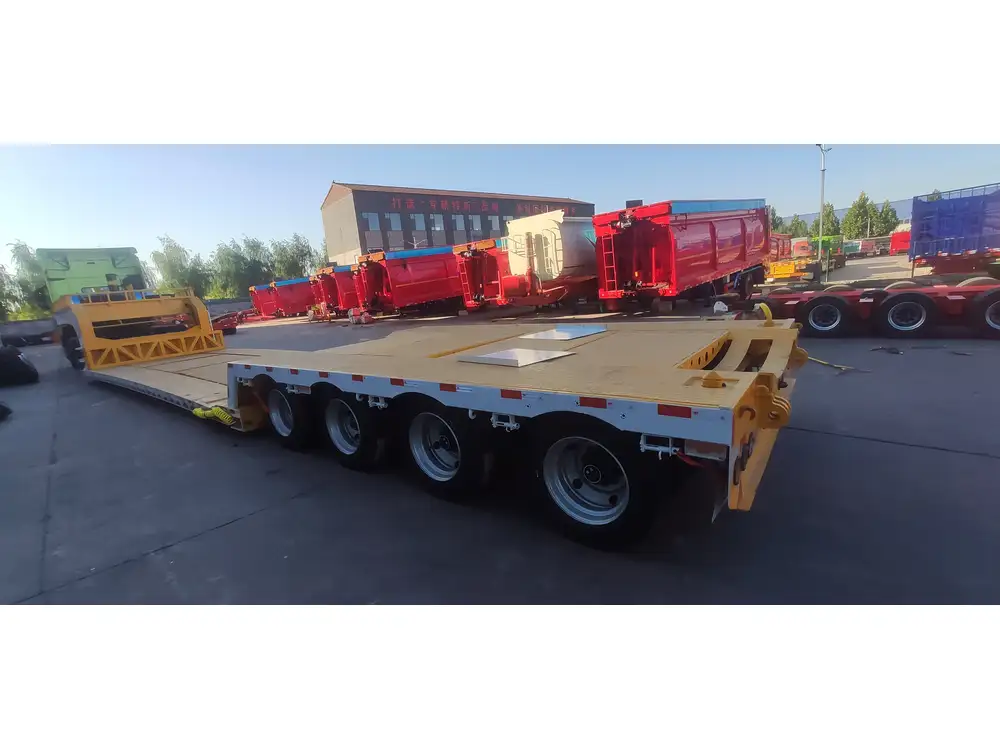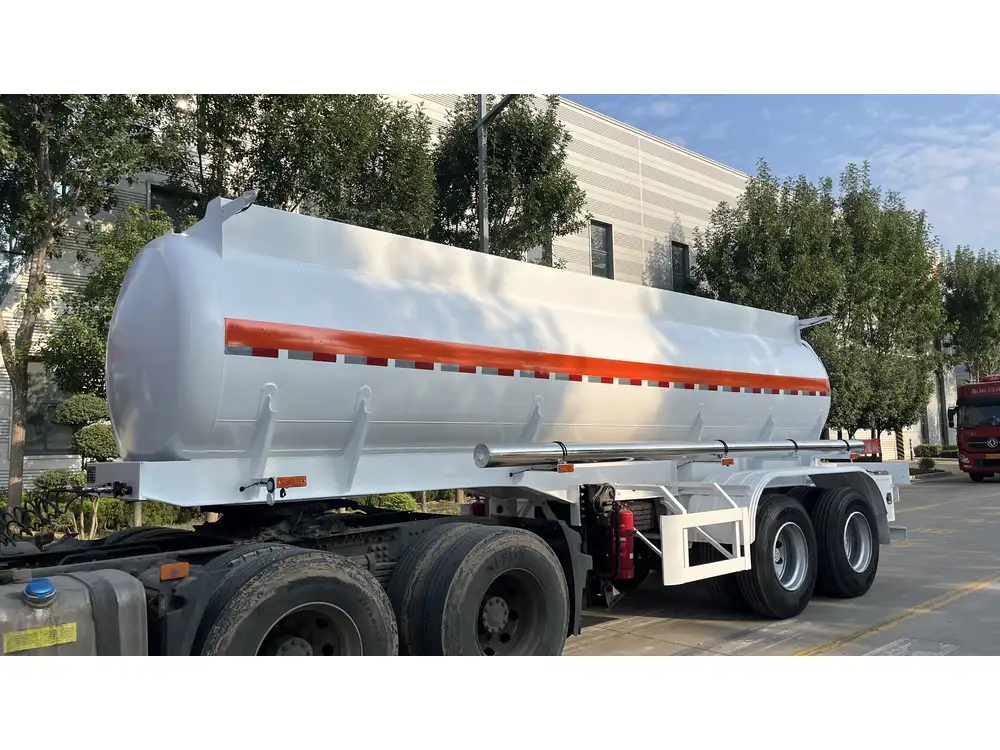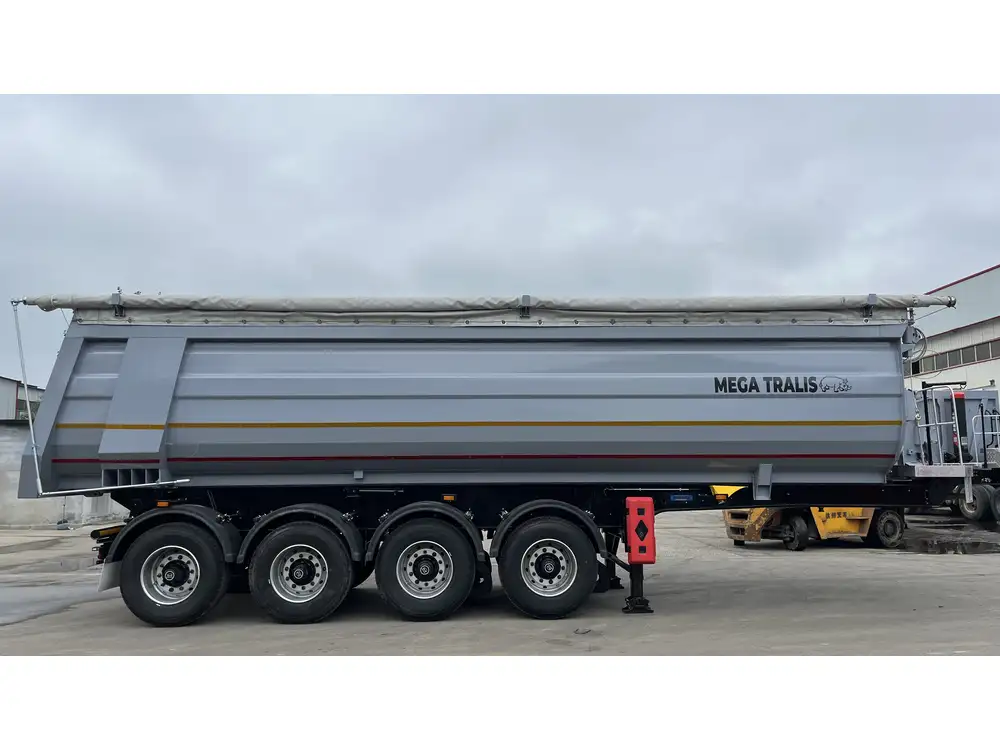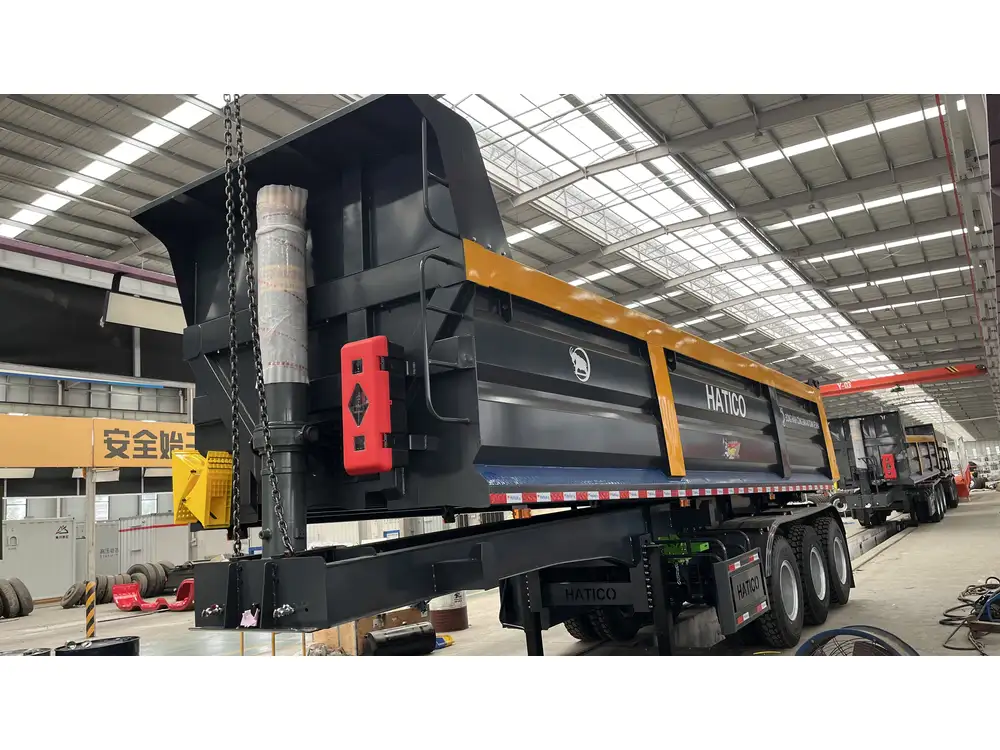When running a successful dump trailer rental business, one of the pivotal considerations is how much to charge for your services. Setting the right price can help you maximize profits while ensuring customer satisfaction. This guide delves deep into various pricing strategies, market factors, and recommendations, equipping you with the knowledge to fine-tune your rental fees effectively.
Understanding the Costs Involved in Dump Trailer Ownership
Before determining rental rates, it’s crucial to understand the costs associated with dump trailer ownership and operation. Here are significant factors to consider:
| Cost Element | Details |
|---|---|
| Purchase Price | Initial cost of the dump trailer is foundational. Prices can range from $8,000 to $40,000, depending on size and features. |
| Maintenance and Repairs | Regular maintenance tasks and unexpected repairs contribute to ongoing costs. Estimate around $500 to $1,500 annually. |
| Insurance | Liability and comprehensive insurance costs vary significantly; budgeting between $800 and $2,000 annually is advisable. |
| Depreciation | Generally, trailers depreciate about 10% to 15% in the first year, impacting long-term pricing strategies. |
| Financing Costs | If financed, interest on loans may add to operating costs. Monthly payments typically range from $150 to $500. |
| Licensing and Registration | Costs for licensing and registration can add up to $200 annually, depending on local regulations. |
| Storage Costs | If you need to store trailers off-site when not in use, costs may vary widely based on location. Estimate $50 to $200 monthly. |
Total Cost Estimation
Evaluating the total cost helps create a baseline for rental pricing. The first step is to calculate the average cost incurred monthly. For example, if the total costs (considering all factors) amount to $3,500 per month, you can use this to inform your daily or weekly rental price.

Market Analysis: Determining Your Competitive Edge
Understanding your market is equally important. Conduct an analysis of your competitors to identify what they charge for similar dump trailer rentals. Many factors influence these rates, including:
- Regional Differences: Rental prices can vary significantly based on geographic location. Urban areas may command higher rates than rural settings.
- Rental Period: Pricing may vary based on the duration of the rental—daily, weekly, or monthly rates may have distinct structures.
- Fleet Composition: Companies boasting innovative or larger fleets might charge premium prices reflective of their offerings.
Sample Comparative Pricing
| Competitor | City | Daily Rate | Weekly Rate | Monthly Rate |
|---|---|---|---|---|
| ABC Trailers | New York, NY | $120 | $600 | $2,400 |
| Heavy Haulers | Los Angeles, CA | $150 | $750 | $2,900 |
| Budget Trailer Rentals | Chicago, IL | $100 | $500 | $2,000 |
| Premium Dump Trailers | Houston, TX | $130 | $650 | $2,600 |
Pricing Strategies: Balancing Profit and Demand
After key analyses, the next step involves establishing a pricing strategy that resonates with your business model. Options include:

1. Cost-Plus Pricing
This method involves adding a markup to the total cost incurred in operating your trailer. For instance, if your total monthly cost is $3,500, you could determine a rent price by adding, say, a 30% markup.
- Example Calculation: [ Total\ Monthly\ Cost = \$3,500 ] [ Markup = 30\% \rightarrow \$3,500 \times 0.30 = \$1,050 ] [ Rental Price = \$3,500 + \$1,050 = \$4,550\ month ] This translates to about \$151.67\ daily if valued over 30 days.
2. Competitive Pricing
Analyze competitors’ rates and position your prices accordingly. This aligns your pricing strategy with what the market is willing to bear.
3. Value-Based Pricing
Assess the unique features of your dump trailers—whether they include more safety features, eco-friendly designs, or superior customer service—and set prices based on the value they provide.

4. Dynamic Pricing
Adjust prices based on demand, availability, and seasonal variations. For instance, higher rates during peak construction seasons or local events can optimize revenue.
Pricing Adjustments Based on Demand and Seasonality
A keen awareness of demand trends allows you to adjust prices to maximize revenue. Here is a seasonal breakdown to consider:
- Spring and Summer: Increased demand for construction and landscaping projects can justify higher pricing or special rates.
- Fall: Demand may start to taper off; consider offering promotions or bundles.
- Winter: In colder climates, rental demand drops significantly. Lower prices or offseason promotions may be necessary.
Monthly Pricing Flexibility Example
| Month | Demand Level | Suggested Daily Rate | Notes |
|---|---|---|---|
| January | Low | $80 | Off-season rates; target DIY projects. |
| April | Moderate | $110 | Spring surge; adjust based on inquiries. |
| July | High | $150 | Peak construction season; higher rates. |
| October | Moderate to Low | $90 | Autumn discounts to maintain rentals. |

Marketing Your Rental Services Effectively
Crafting an effective marketing strategy is vital to attract customers to your dump trailer rental business. Here are practical techniques:
1. Strong Online Presence
Invest in an SEO-rich website that offers users an intuitive experience to explore rental options. Include features like:
- Online Booking Options: Simplifying the process can streamline conversions.
- Detailed Trailer Descriptions: Highlight capacity, usage, and unique features.
2. Leveraging Local SEO
Optimize your content for local searches using keywords like “dump trailer rental in [Your City].” This increases visibility and attracts a targeted audience.

3. Social Media Engagement
Platforms such as Facebook and Instagram are great avenues to showcase your trailers, share customer testimonials, and run targeted ads. Engaging visuals can enhance interest significantly.
4. Referral Programs
Encourage existing customers to refer new clients by offering incentives, such as discounts on future rentals or additional features.
Factors to Consider When Renting to Different Customer Segments
Your target demographic may encompass various segments, including:
- Contractors and Construction Companies: Regular use and capacity might be their priorities, leading to longer rental periods. Tailor pricing incentives for extended rentals.
- Homeowners and DIY Enthusiasts: They may require shorter rentals for projects. Offering competitive daily rates can attract this segment.
- Event Coordinators: They often need trailers for specific occasions, integrating flexible pricing and availability to accommodate such demands.

Conclusion: Finding Your Sweet Spot in Pricing
In the competitive market of dump trailer rentals, striking the ultimate balance in pricing is crucial for your success. By rigorously analyzing costs, understanding the competitive landscape, leveraging dynamic pricing strategies, and effectively marketing your services, you can establish rates that not only meet customer expectations but also boost your bottom line.
Arming yourself with the knowledge laid out in this guide will enable you to confidently navigate the complexities of pricing and ultimately drive your dump trailer rental business toward sustained success. Embrace these insights, adjust as per market dynamics, and watch your enterprise thrive in this lucrative realm.



